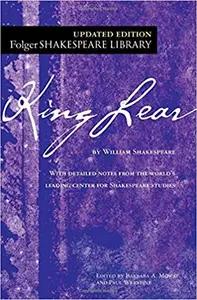King Lear
By William Shakespeare
Category
LiteratureRecommended by
In William Shakespeare's tragic play, "King Lear," a powerful and aging king, Lear, decides to divide his kingdom among his three daughters based on their expressions of love for him. However, as Lear becomes increasingly disillusioned by his own foolishness and the cruelty of his daughters, he descends into madness, leading to disastrous consequences for himself and his family.
Goneril and Regan, Lear's two eldest daughters, manipulate him to gain power and reduce his authority. They strip him of all his power and possessions, leaving him vulnerable and exposed. In contrast, Cordelia, the youngest and most sincere daughter, refuses to participate in this charade, speaking truthfully and honestly; as a result, she is banished by Lear.
As Lear loses his sanity, a parallel subplot unfolds involving the Earl of Gloucester and his two sons, Edgar and Edmund. Edmund, Gloucester's illegitimate son, plots to overthrow his father and brother while manipulating them into a false conflict. The deceitful Edmund frames his brother, Edgar, for plotting against their father, leading to Edgar's flight and disguise as a mad beggar.
Throughout the play, themes of power, deception, and the nature of true love are explored. Lear's journey challenges the audience's assumptions about authority and familial loyalty. As chaos and devastation engulf the kingdom, it becomes clear that the consequences of Lear's misguided decisions, and the unbridled ambition of those around him, are irreversible and tragic.
"King Lear" delves into the depths of human nature and the consequences of reckless decisions. With its complex characters and timeless themes, Shakespeare's play remains a profound exploration of power, family dynamics, and the consequences of pride and betrayal.
Goneril and Regan, Lear's two eldest daughters, manipulate him to gain power and reduce his authority. They strip him of all his power and possessions, leaving him vulnerable and exposed. In contrast, Cordelia, the youngest and most sincere daughter, refuses to participate in this charade, speaking truthfully and honestly; as a result, she is banished by Lear.
As Lear loses his sanity, a parallel subplot unfolds involving the Earl of Gloucester and his two sons, Edgar and Edmund. Edmund, Gloucester's illegitimate son, plots to overthrow his father and brother while manipulating them into a false conflict. The deceitful Edmund frames his brother, Edgar, for plotting against their father, leading to Edgar's flight and disguise as a mad beggar.
Throughout the play, themes of power, deception, and the nature of true love are explored. Lear's journey challenges the audience's assumptions about authority and familial loyalty. As chaos and devastation engulf the kingdom, it becomes clear that the consequences of Lear's misguided decisions, and the unbridled ambition of those around him, are irreversible and tragic.
"King Lear" delves into the depths of human nature and the consequences of reckless decisions. With its complex characters and timeless themes, Shakespeare's play remains a profound exploration of power, family dynamics, and the consequences of pride and betrayal.
Share This Book 📚
More Books in Literature
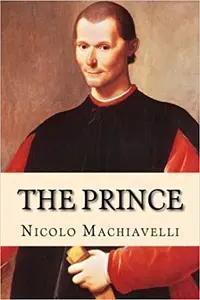
The Prince
Nicolo Machiavelli

Jonathan Livingston Seagull
Richard Bach
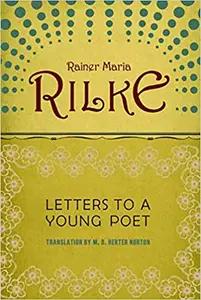
Letters to a Young Poet
Rainer Maria Rilke
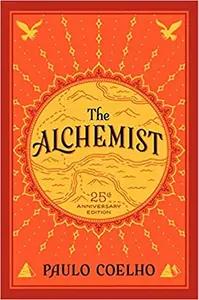
The Alchemist
Paulo Coelho
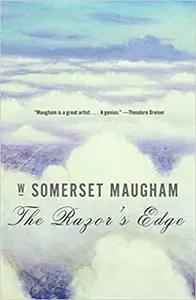
The Razor's Edge
W. Somerset Maugham
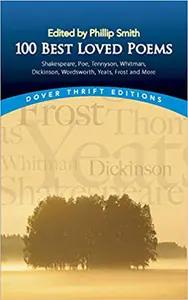
100 Best-Loved Poems
Philip Smith
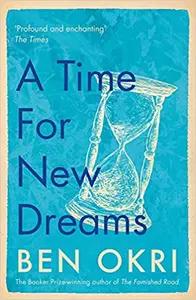
A Time for New Dreams
Ben Okri
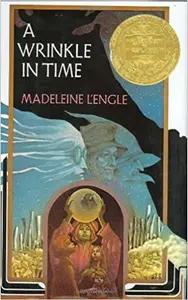
A Wrinkle in Time
Madeleine L'Engle
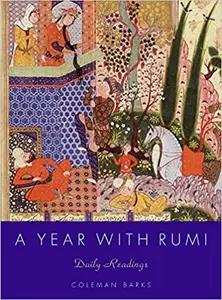
A Year with Rumi
Coleman Barks
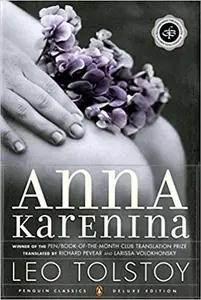
Anna Karenina
Leo Tolstoy
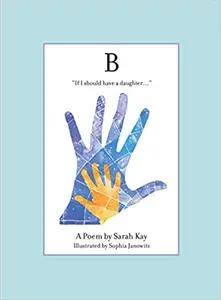
B
Sarah Kay
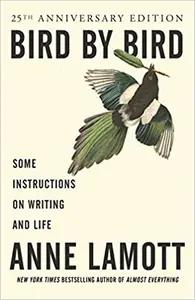
Bird by Bird
Anne Lamott

Catch-22
Joseph Heller
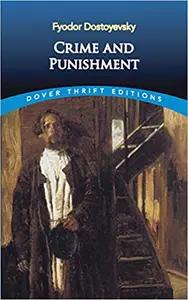
Crime and Punishment
Fyodor Dostoevsky

David Foster Wallace
David Foster Wallace
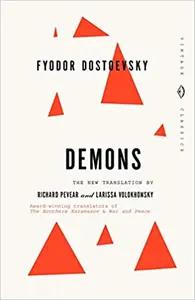
Demons
Fyodor Dostoevsky
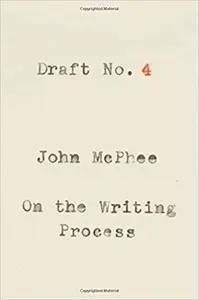
Draft No. 4
John McPhee
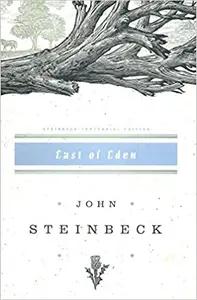
East of Eden
John Steinbeck
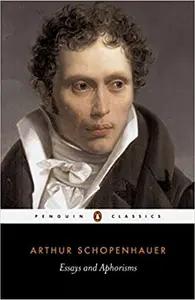
Essays and Aphorisms
Arthur Schopenhauer
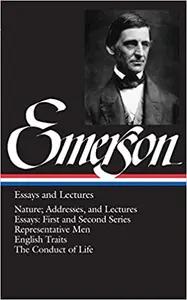
Essays and Lectures
Ralph Waldo Emerson
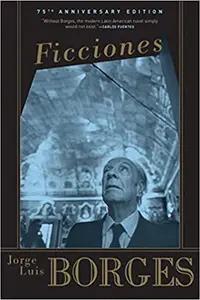
Ficciones
Jorge Luis Borges
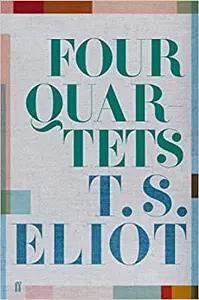
Four Quartets
TS Eliot
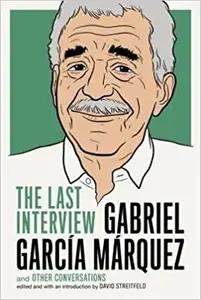
Gabriel Garcia Marquez
Gabriel Garcia Marquez
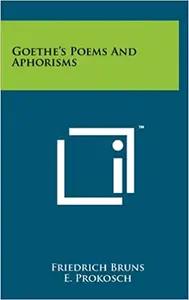
Goethe's Poems and Aphorisms
Goethe
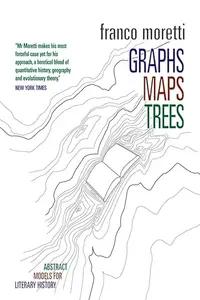
Graphs, Maps, Trees
Franco Moretti
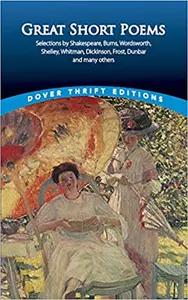
Great Short Poems
Paul Negri
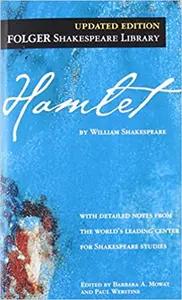
Hamlet
William Shakespeare

Hyperbole and a Half
Allie Brosh
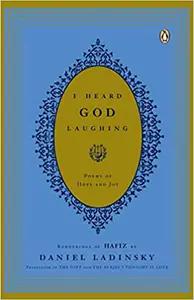
I Heard God Laughing
Hafiz
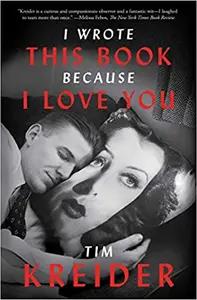
I Wrote This Book Because I Love You
Tim Kreider
Popular Books Recommended by Great Minds 📚
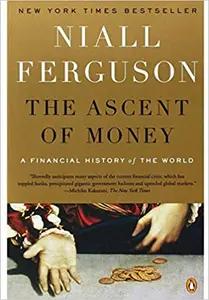
The Ascent of Money
Niall Ferguson
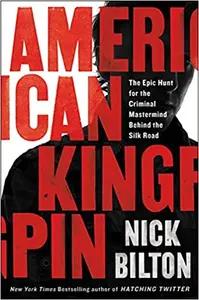
American Kingpin
Nick Bilton
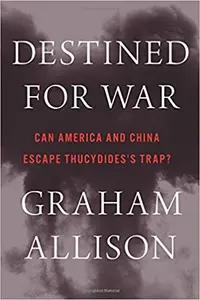
Destined For War
Graham Allison
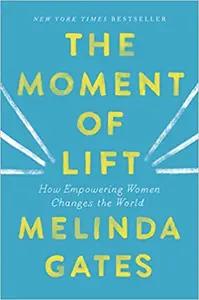
The Moment of Lift
Melinda Gates
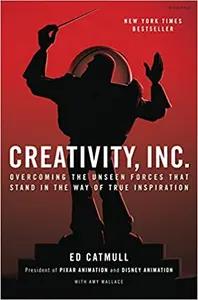
Creativity, Inc.
Ed Catmull
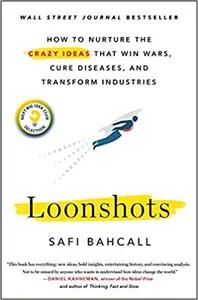
Loonshots
Safi Bahcall
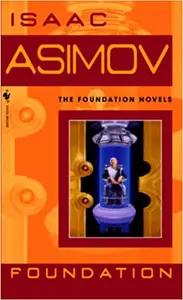
Foundation
Isaac Asimov

Brotopia
Emily Chang
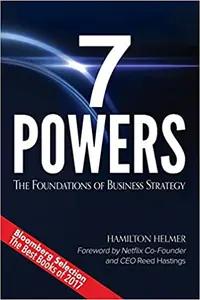
7 Powers
Hamilton Helmer
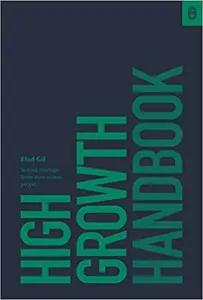
High Growth Handbook
Elad Gil
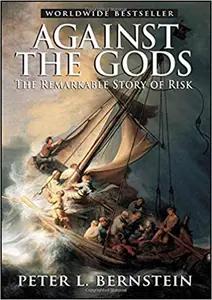
Against The Gods
Peter Bernstein
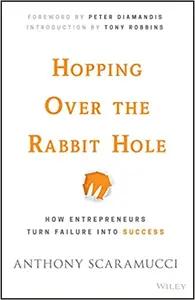
Hopping Over The Rabbit Hole
Anthony Scaramucci
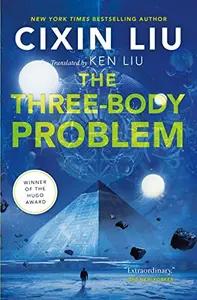
The Three Body Problem
Cixin Liu
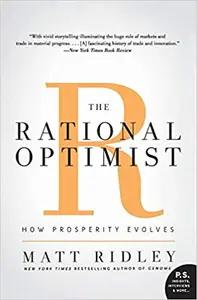
The Rational Optimist
Matt Ridley
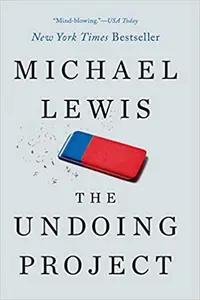
The Undoing Project
Michael Lewis
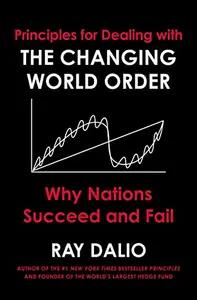
Principles for Dealing With The Changing World Order
Ray Dalio
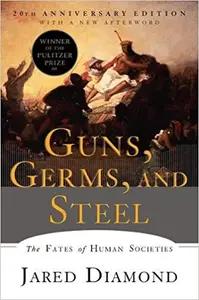
Guns, Germs, and Steel
Jared Diamond
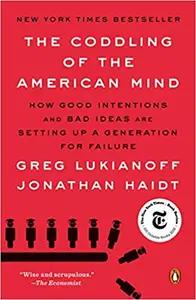
The Coddling of the American Mind
Greg Lukianoff & Jonathan Haidt

The Holy Bible
Various
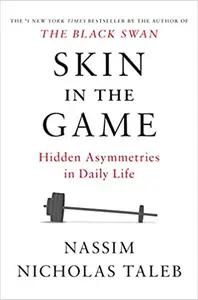
Skin In The Game
Nassim Taleb
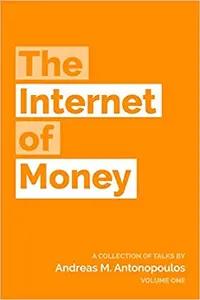
The Internet of Money Volume 1
Andreas Antonopolous
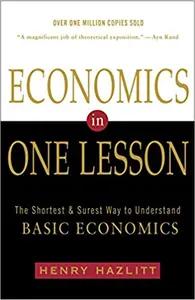
Economics in One Lesson
Henry Hazlitt
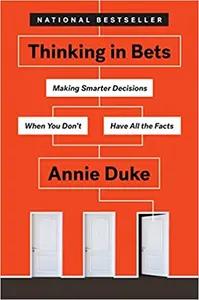
Thinking In Bets
Annie Duke
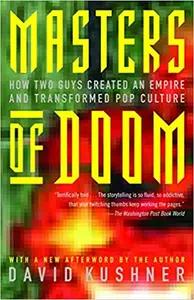
Masters of Doom
David Kushner
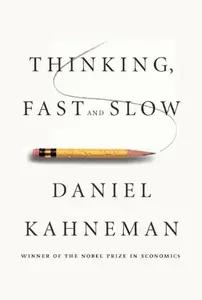
Thinking, Fast and Slow
Daniel Kahneman
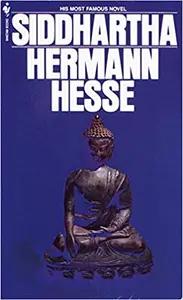
Siddhartha
Hermann Hesse
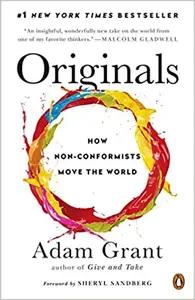
Originals
Adam Grant

The Great CEO Within
Matt Mochary

The Courage To Be Disliked
Ichiro Kishimi

Shoe Dog
Phil Knight
